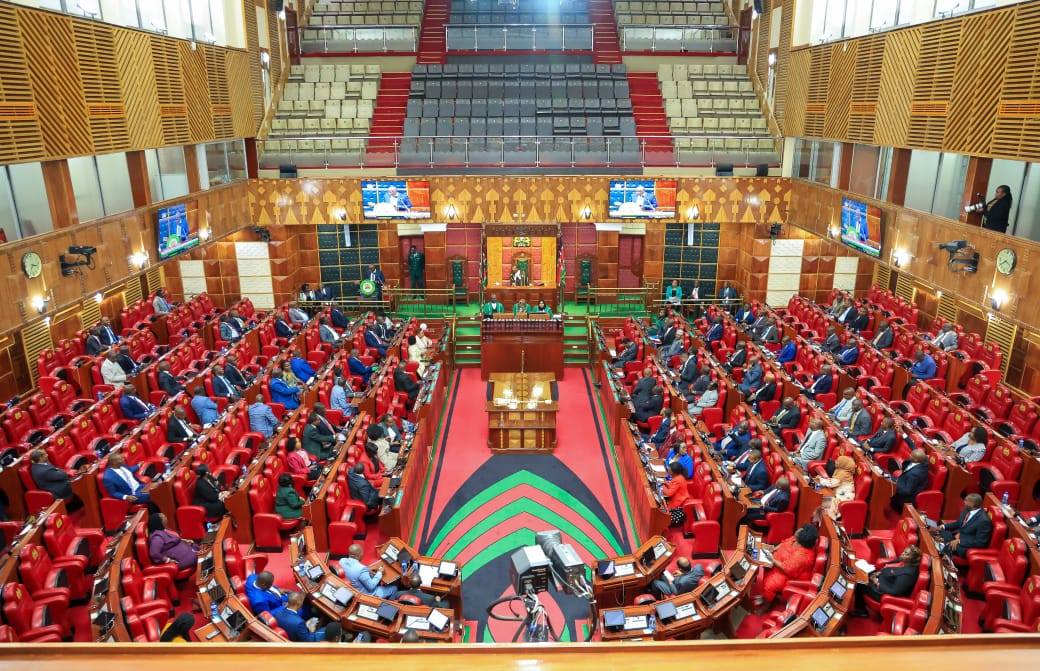Teacher motivation is crucial because teachers are at the center of learning and the success of the entire education system.
Unfortunately, some parents and even administrators view teacher motivation as wasteful, questioning why resources should be set aside for that purpose.
The truth, however, is that motivated teachers are more likely to create engaging and effective learning environments. This, in turn, leads to better student outcomes and higher academic achievement, both of which are critical measures of a school’s success.
When teachers feel valued and supported, they are more likely to remain in their positions. This reduces turnover rates and ensures stability in schools. Constant transfers and disruptions often challenge the continuity of learning in many institutions.
It is fair to state that motivated teachers are generally more productive, enthusiastic, and committed to their work. This directly translates into higher-quality teaching and richer learning experiences for students.
ALSO READ;
SNE teachers decry discrimination in 2025 promotion exercise
Well-motivated teachers also help build a positive school culture by fostering collaboration and support among colleagues. This not only benefits students but also strengthens the wider school community.
Moreover, motivated and passionate teachers serve as role models, inspiring students to love learning and embrace a growth mindset. Providing opportunities for teachers to develop their skills and knowledge further enhances their motivation and engagement.
Motivation also plays a significant role in building resilience. It helps individuals overcome challenges, persevere through setbacks, and manage their time more effectively by prioritizing tasks and staying focused.
ALSO READ;
Education experts, civil society, FEMNET4GTE push for gender transformative education
It is important to recognize the difference between intrinsic motivation, driven by personal passion, values, and interest, and extrinsic motivation, which comes from external rewards, recognition, or social pressure. Both play a role in sustaining teacher performance.
Ultimately, motivation boosts confidence, strengthens relationships, and encourages commitment. By understanding its importance and deliberately cultivating it, the entire school fraternity can achieve its goals, improve performance, and enhance overall well-being.
By Hillary Muhalya
You can also follow our social media pages on Twitter: Education News KE and Facebook: Education News Newspaper for timely updates.
>>> Click here to stay up-to-date with trending regional stories
>>> Click here to read more informed opinions on the country’s education landscape






